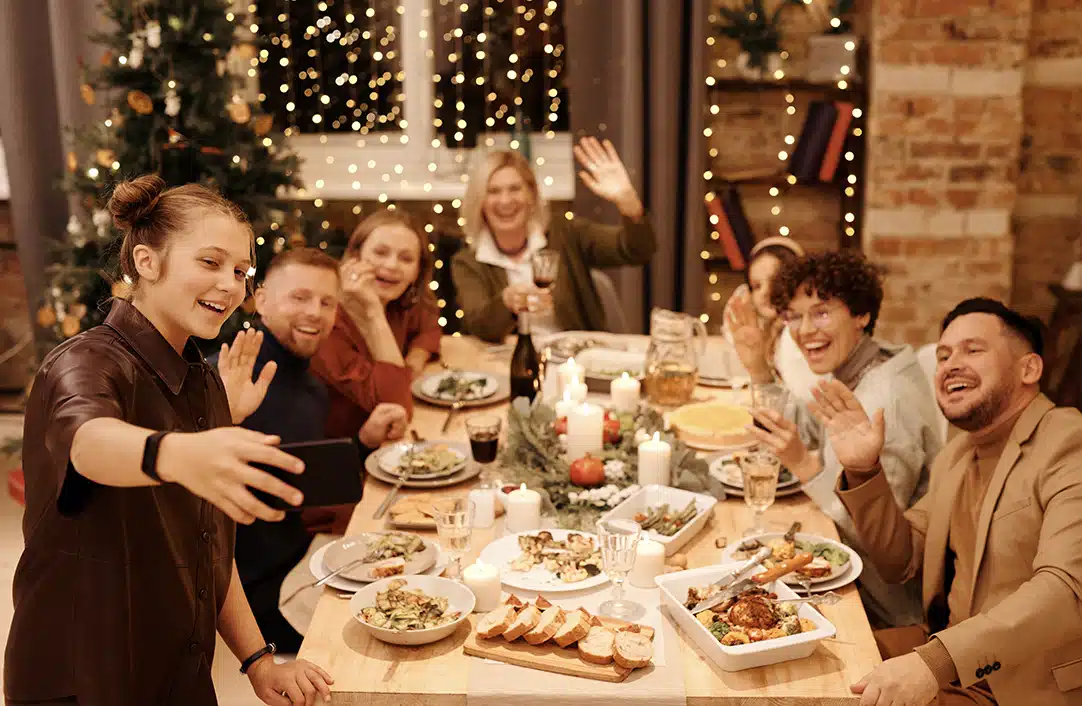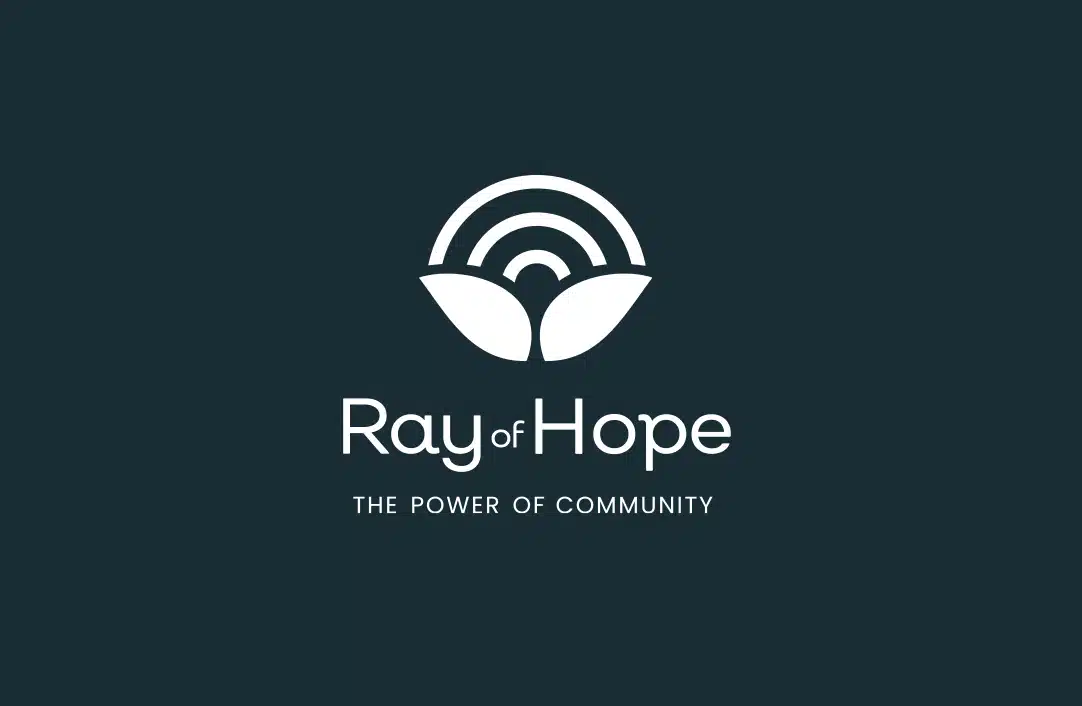
Supporters Can Help Make the Holidays Safer for Survivors
The holiday season can be challenging for survivors of child sexual abuse. Sometimes survivors can experience overwhelming emotions and triggering moments. Holidays and family get-togethers can be trying for anyone, but for survivors of child sexual abuse they can be even more difficult, especially if their family is tied in some way to the abuse they experienced.
Saprea’s clinicians offer the following tips for those who can help support survivors this holiday season.
LISTEN TO WHAT SURVIVORS NEED
Too often when someone comes to us with a problem, we want to fix it immediately or make it better. Sometimes we have the tendency to jump to solutions too quickly. Or, out of a desire to spare them the stress of talking about it, we interrupt or try to change the subject. Put those impulses aside and really listen to what the survivor is saying. Let them tell you what they need.
CREATE A SAFE SPACE
When a survivor experiences a trigger or is overwhelmed by their emotions, the first step in helping them often includes cultivating a feeling of safety. Work with them to create a safe space (either literally or figuratively, depending on where you are) that will allow them to work through what they’re feeling. Creating safety during a party or gathering could include taking them to a different room, talking to them on the phone, or stepping in with help navigating a conversation. Discuss what you can do to create a safe space for them.
BE A BUFFER
Holiday parties or family events can be crowded, noisy, or environments where potentially difficult conversation topics arise. All of these can be very challenging for anyone to handle. However, for survivors of child sexual abuse, these same situations may become unbearable. Talk to the survivor in your life about topics or people that may cause them distressing emotions during the event. Make a plan for how you can support the survivor if that topic arises or that person tries to talk to them. While your first instinct may be to step in and protect, allow the survivor to call the shots. You are there to empower them to handle the situation, not fix it for them. Your behavior may also serve as an example to others and encourage them to adopt similar supportive behaviors.
ENCOURAGE SELF-CARE
When emotions are high and stressors seem to be surrounding them, remind your loved one to take a minute for themselves. Encourage them to practice self-care regularly. Figure out ways that will help them decompress or recharge and try to make those possible for them as often as you can. Continue to listen and be sympathetic to the stressors and holiday bustle that the survivor is trying to navigate. Sometimes it may be especially helpful to encourage your loved one to accomplish a specific number of things on their to-do list, and then to follow that with a self-care break. It’s important to remember that your loved one doesn’t want to feel broken or incapable, and they may feel they may worry that practicing self-care will get in the way of other immediate demands and tasks. You can remind the survivor how important balance is and that it’s especially important at this busy time of year.
YOUR CAN MAKE A DIFFERENCE
For many, the holidays are a wonderful time of the year filled with traditions and good food and the joy of being with the people you love. If a survivor you love is struggling, please know that you make a difference to them. You may not be able to be their cheerleader, but you can help them look to this time of year with less dread and more hope. Sometimes letting them know that you’re there for them and they don’t have to go through it alone can make all the difference.
Recent news

Saprea Provides Healing Resources for Child Sexual Abuse Survivors in the Hispanic Community

Saprea Partners with Ray of Hope Expanding Healing Options for Child Sexual Abuse Survivors
